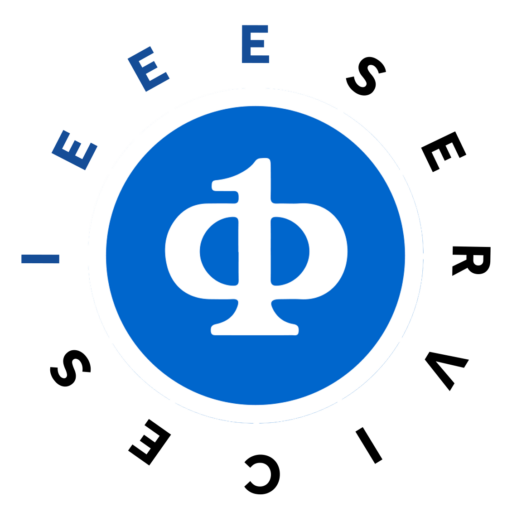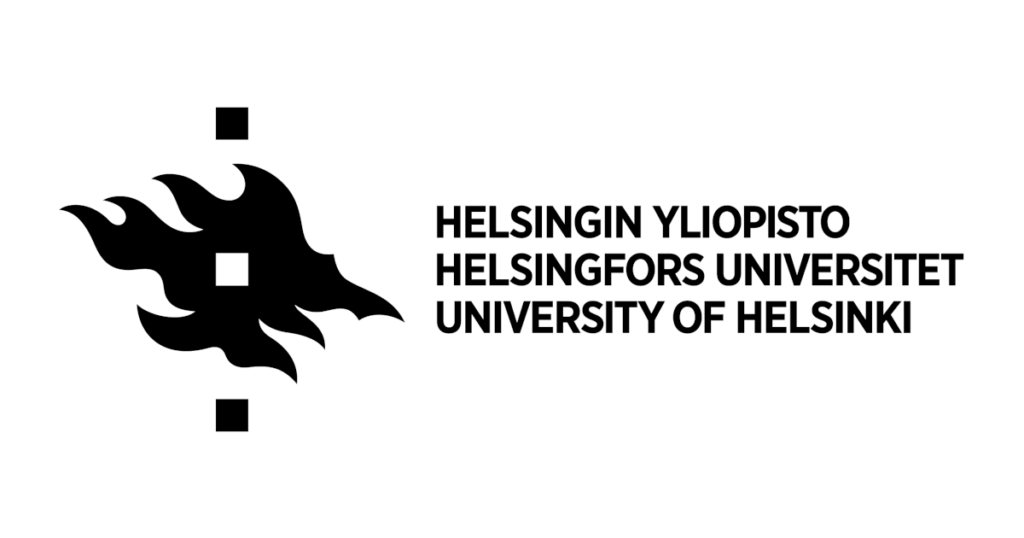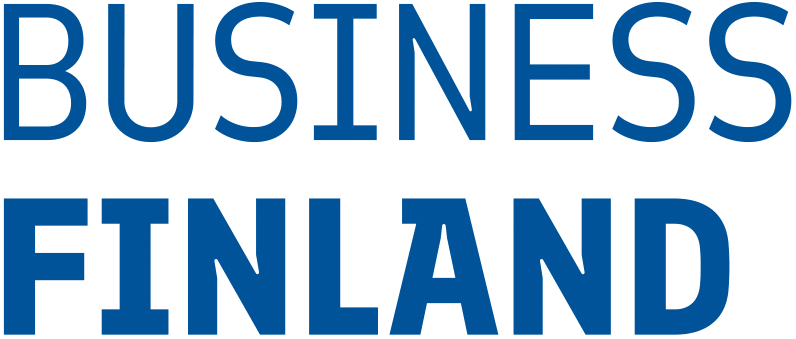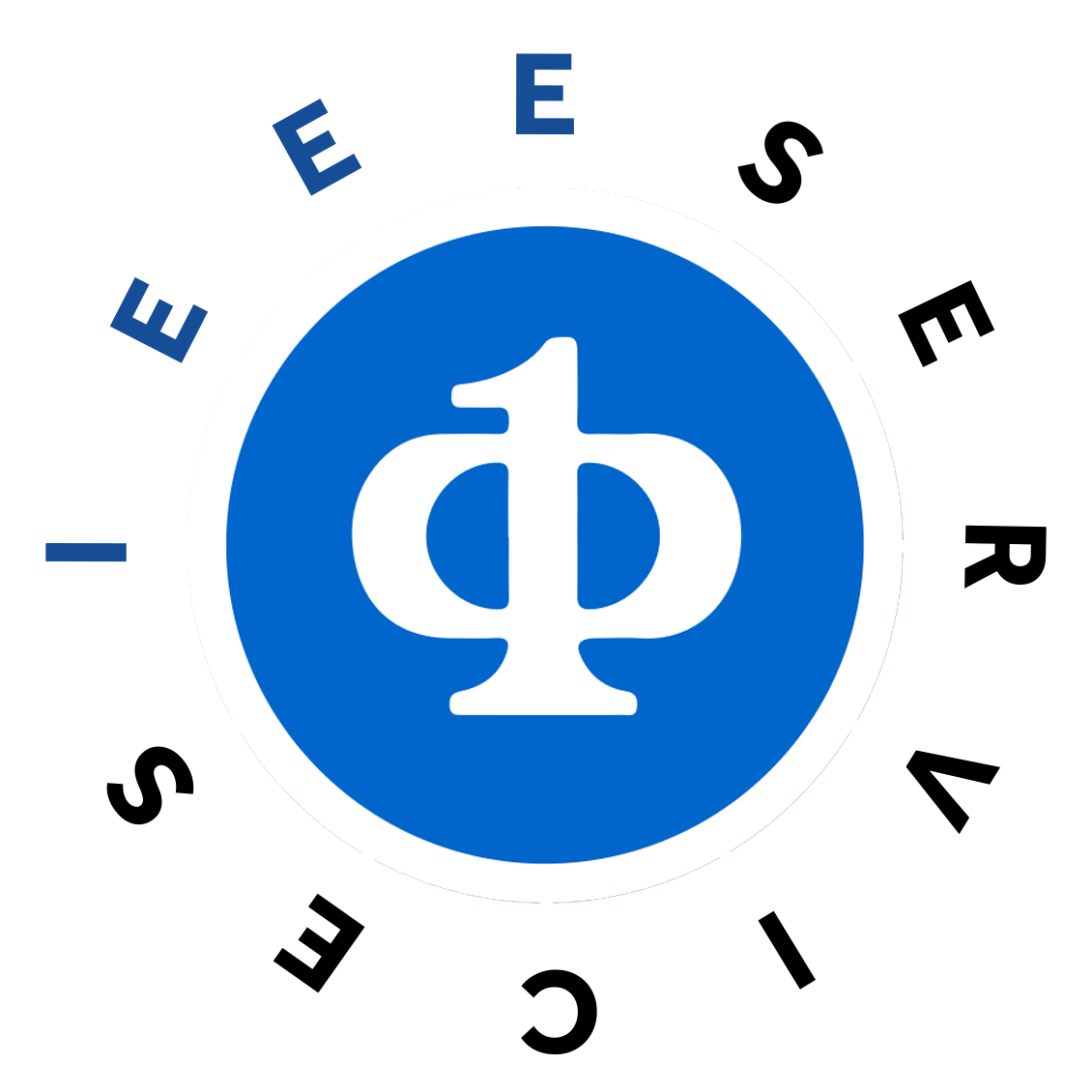Keynotes
KEYNOTE 1
The Limits of Cloud Computing and the Emergence of Edge Computing

Mahadev Satyanarayanan
School of Computer Science
Carnegie Mellon University
Abstract
In 2024, the cloud computing market was estimated to be over $600 billion in value. The cloud lies at the heart of virtually all of the recent advances in machine learning (ML) and ML-based artificial intelligence (AI). Large Language Models (LLMs) such as ChatGPT have captured the popular imagination. Cloud computing was crucial to the work that won the Nobel Prize in Physics, and the Nobel Prize in Chemistry in 2024. For the foreseeable future, cloud computing will continue to be a dominant paradigm.
What accounts for this stunning success of cloud computing? What could possibly threaten its dominance? In this talk, we will explore how the constraints of latency, bandwidth scalability, privacy, data sovereignty, and disconnection-tolerance pose fundamental limits to what cloud computing can deliver in real-world settings, especially adversarial settings. Cloudlet-based edge computing aims to “bring the cloud closer” to relieve these pain points. The successful real-time AI systems of the future will seamlessly fuse the strengths of cloud computing and edge computing. What are some of the transformative cyber-human and cyber-physical systems that will emerge? What challenges will edge computing face, both in adversarial and non-adversarial settings? What is the role of application-specific hardware accelerators in real-time AI? We will examine these and related questions in this talk.
Speaker Biography
Satya’s multi-decade research career has focused on the challenges of performance, scalability, availability and trust in information systems that reach from the cloud to the mobile edge of the Internet. In the course of this work, he has pioneered many advances in distributed systems, mobile computing, pervasive computing, and the Internet of Things (IoT). Most recently, he has been viewed as “The Father of Edge Computing” for his seminal 2009 paper, and his pioneering contributions to the
foundations of edge computing. Satya is the Jaime Carbonell University Professor of Computer Science at Carnegie Mellon University. He received the PhD in Computer Science from Carnegie Mellon, after Bachelor’s and Master’s degrees from the Indian Institute of Technology, Madras. He is a Fellow of the ACM, IEEE, and EAI, and a member of the National Academy of Engineering.
KEYNOTE 2
Services with UNEXT – What You Need, is What You Get

Azimeh Sefidcon
Nokia Bell Labs
Abstract
The service-based business and architectures have extended the opportunities to diverse set of actors across ecosystem. Challenges of service composition however needs to be resolved together with their execution environment and dynamic value chains of involved actors. Approaching this context correctly creates a unified networking experience for users, application developers, verticals and infrastructure operators alike. UNEXT addresses these challenges by introducing run time service composition in multi actor environments while ensuring sustainability, simplicity and security concerns. In this talk the motivation for this novel approach and different system elements will be presented.
Speaker Biography
Azimeh Sefidcon is VP, head of network system and security research at Nokia Bell Labs responsible for an international team of researchers and works toward the realization of Unified Networking Experience ( UNEXT ) vision. Prior to this, she led the cloud-based systems and platform research at Ericsson and was the driver of network compute fabric vision. She holds a PhD degree in IP mobility, a Masters degree in intelligent networks and a master degree in computing hardware. Her personal research interests are on complex system theories, advanced computing and crypto agility. She has held various leadership and advisory roles in industry and research institutes.
KEYNOTE 3
Balancing the Trilemma: A Unified Approach for Cost-Effective, Energy-Efficient and Performant LLM Serving

Tamar Eilam
IBM T. J. Watson Research Center
Abstract
Large Language Models have transformed cloud computing, but their deployment presents a challenging trilemma between operational costs, energy consumption, and performance requirements. This keynote presents a novel open architecture that harmonizes multiple efficiency techniques to address these competing concerns. We examine critical optimization strategies including quantization, batching strategies, KV-caching, auto-scaling, model parallelisms, and specialized hardware accelerators—analyzing their individual strengths and compounding benefits when integrated as a cohesive system.
Speaker Biography
Dr. Tamar Eilam is an IBM Fellow and Chief Scientist for Sustainable Computing in the IBM T. J. Watson Research Center, New York. Tamar is leading research aiming at drastically reducing the energy and carbon footprint associated with computing across infrastructure, systems, and software, data and AI. Tamar completed a Ph.D. degree in Computer Science in the Technion, Israel, in 2000. She joined the IBM T.J. Watson Research Center in New York as a Research Staff Member that same year. She was awarded an IBM Fellow in 2014.
